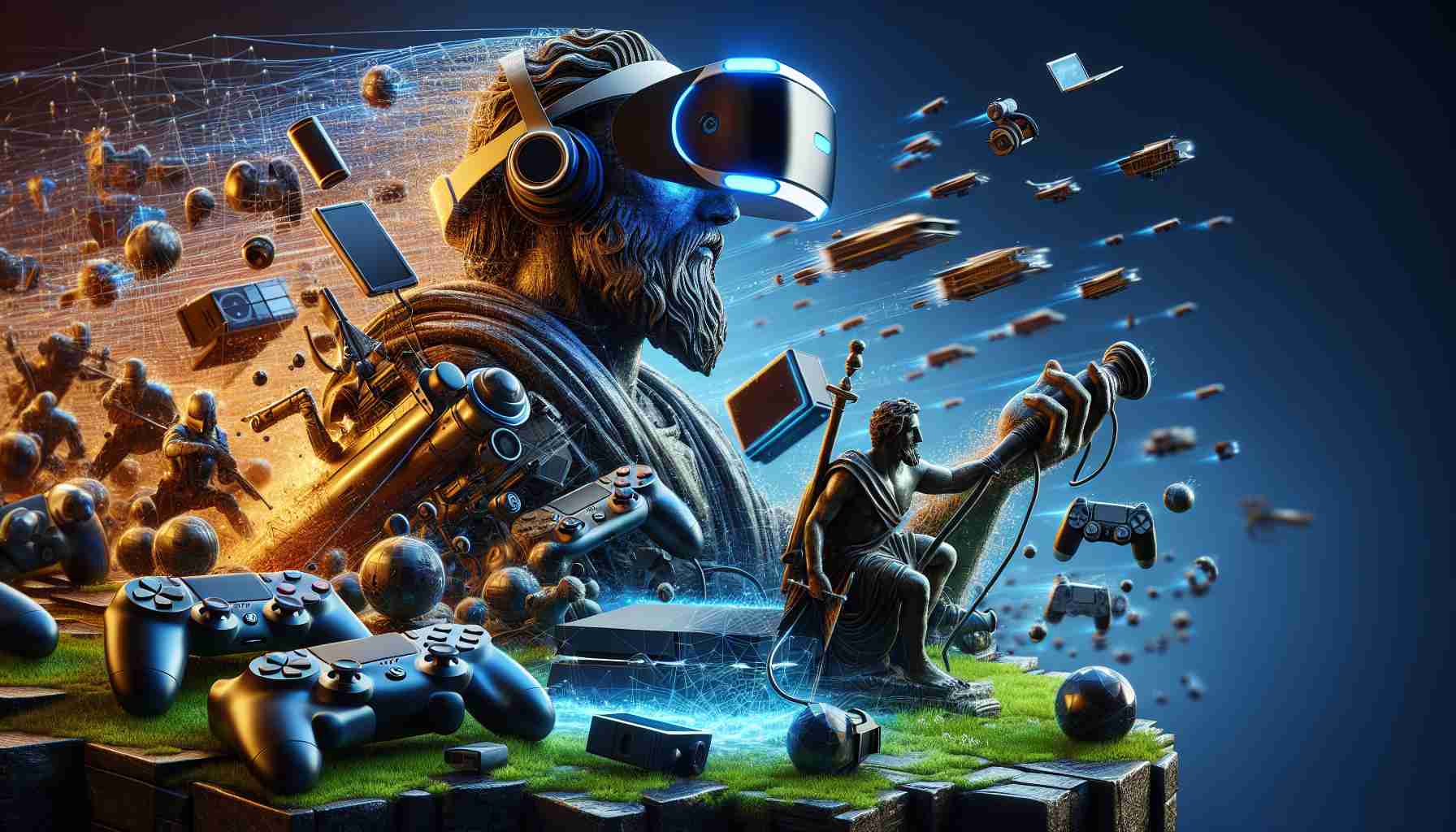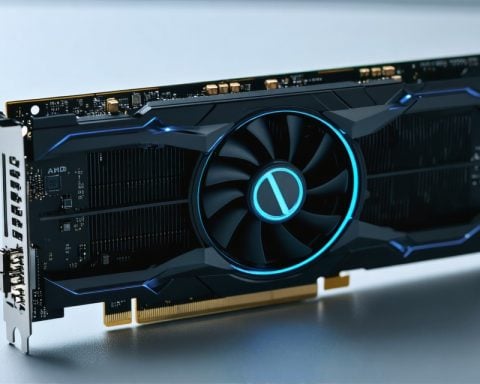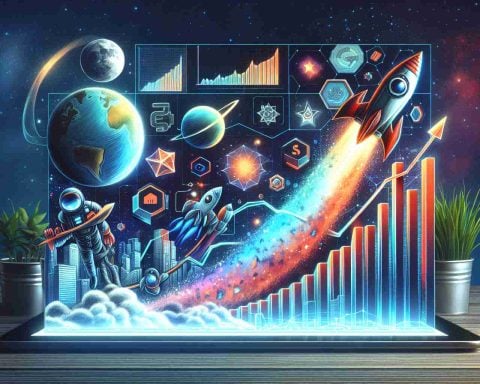The Evolution of NVIDIA’s AI Innovations
NVIDIA, a titan in the gaming industry, has consistently pushed the boundaries of what’s possible in video games with its groundbreaking technologies. Recently, the company unveiled a series of advancements highlighting the integration of artificial intelligence into gaming, potentially transforming player experiences like never before.
Deep Learning Super Sampling (DLSS) Grows Up
NVIDIA’s Deep Learning Super Sampling (DLSS) technology, which leverages AI to boost game performance without compromising visual quality, is going through an evolution. The latest version, DLSS 3.0, promises to introduce real-time adaptive ray tracing powered by AI. This means that games will render breathtaking visuals and utilise intelligent algorithms that adapt scenes dynamically, creating more immersive and realistic environments for players.
AI-driven NPCs and Enhanced World-building
In another leap forward, NVIDIA is developing AI-driven non-player characters (NPCs) that can learn and adapt to gamers’ actions. Implementing AI in this way aims to produce more responsive and unpredictable in-game entities, making gameplay richer and less predictable. Moreover, advancements in machine learning allow for complex world-building, where plotlines and environments evolve based on player interactions.
The Future of Gaming
NVIDIA’s commitment to blending AI with gaming technology is set to redefine the landscape of digital entertainment. While the gaming community eagerly anticipates these innovations, the fusion of AI with graphics processing signals a future where games are not only more visually stunning but also deeply engaging and tailored to each player’s style.
NVIDIA’s AI Revolution: Beyond Gaming and Into Everyday Life
As NVIDIA continues to forge ahead with its AI-driven technologies in gaming, these innovations could have far-reaching implications beyond just virtual worlds, affecting industries and daily life globally.
AI and Education
A lesser-discussed impact of NVIDIA’s AI advancements is their potential application in education. The use of real-time adaptive learning technologies can create personalised educational experiences similar to those seen in gaming. Imagine an AI-driven tutor capable of adapting teaching materials to a student’s learning style instantaneously. This could transform classroom dynamics and provide bespoke learning paths, making education more engaging and accessible.
Economic Diversification
At the macro level, NVIDIA’s AI technologies might spur economic diversification. Industries such as healthcare, automotive, and urban planning can benefit from real-time data processing and intelligent simulations initially developed for gaming. This cross-industry applicability positions countries leveraging these innovations to diversify their economic drivers, moving beyond traditional sectors.
Privacy Concerns
However, the integration of AI into everyday applications comes with controversies. How much personal data will AI systems require to function effectively, and who controls this information? The potential for misuse of AI-powered analytics raises ethical questions about privacy and data rights.
In the end, while NVIDIA’s AI technology heralds exciting opportunities, they also bring challenges that society must address, balancing innovation with ethical considerations.
For more information, visit NVIDIA.

















